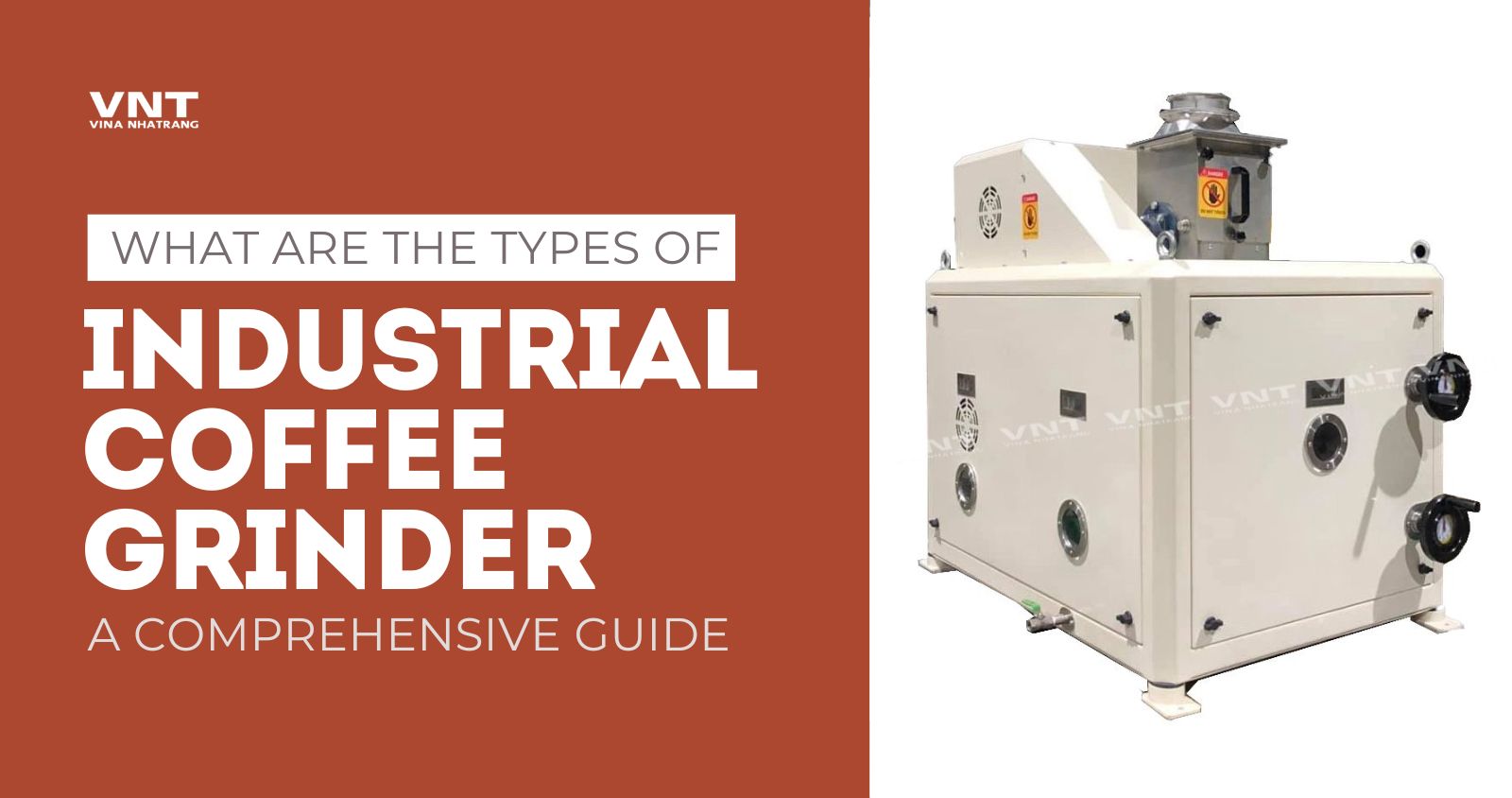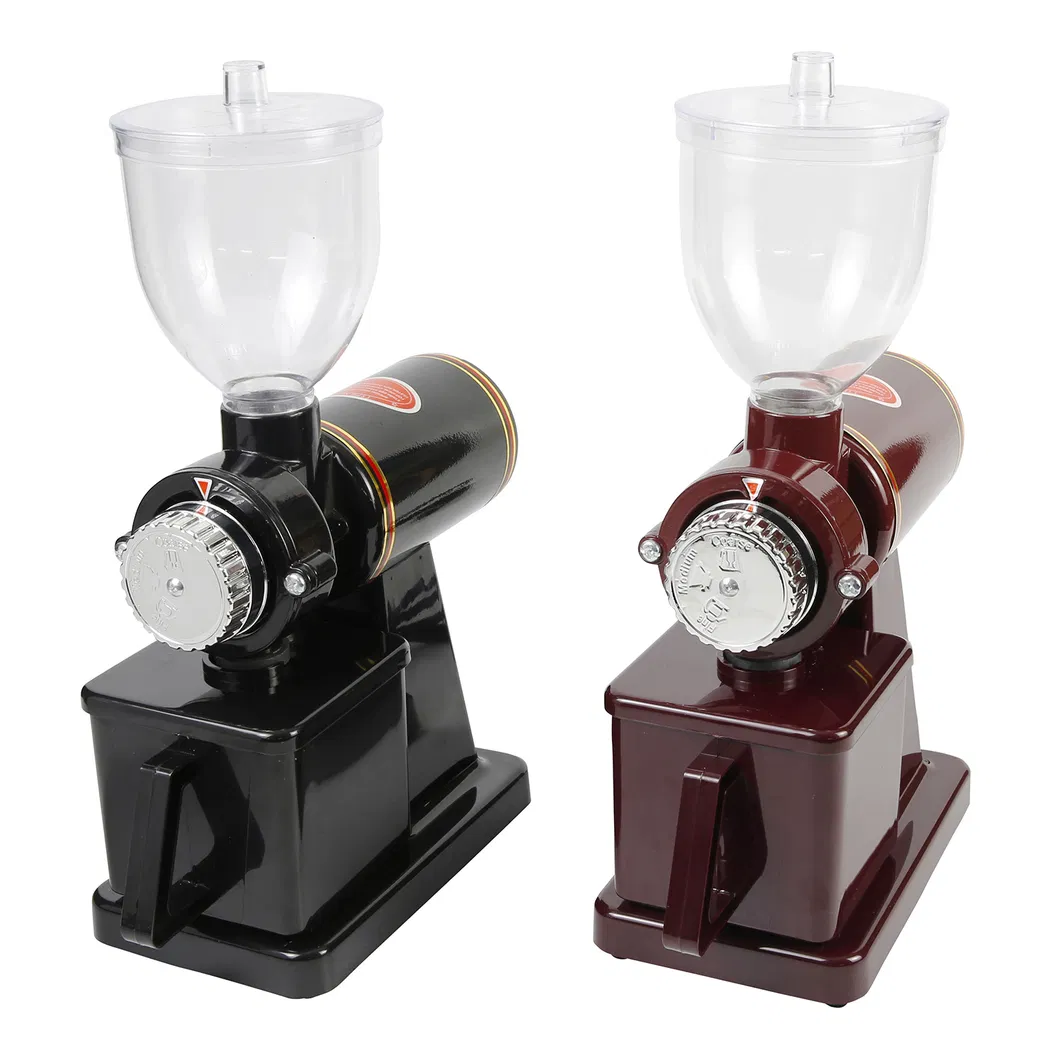Just How to Select the Perfect Industrial Coffee Mill for Your Service
Picking the excellent commercial coffee grinder for your service is a multifaceted choice that calls for mindful factor to consider of numerous essential elements. It is important to examine your specific grinding needs, consisting of the volume of coffee refined and the wanted grind uniformity, as these elements straight influence flavor and consumer contentment. Furthermore, recognizing the various kinds of mills available can dramatically influence your functional performance. As you navigate these factors to consider, one need to likewise consider the effects of budget plan and upkeep. What various other factors could make or break your selection?
Assess Your Grinding Demands
When picking a commercial coffee mill, one must first examine their grinding requirements to make certain optimum efficiency and uniformity. This initial evaluation includes comprehending the volume of coffee to be processed daily, as well as the preferred grind size for various brewing methods. A high-capacity mill may be necessary for businesses serving large amounts of coffee, while smaller sized operations might find a more compact version enough.
In addition, it is necessary to consider the sorts of coffee beans being made use of, as various beans may require specific grinding techniques to attain the ideal flavor profile. Oily beans might necessitate a mill developed to handle such characteristics without overheating or clumping.
Specialty coffee companies often require accurate work dimensions to boost extraction and flavor, making it crucial to choose a grinder that can supply uniform outcomes. Reviewing the offered space and electrical demands will certainly aid in selecting a grinder that fits seamlessly into your operational process.
Understand Mill Kind
Recognizing the different kinds of industrial coffee grinders is vital for making an educated option that fulfills specific operational requirements. There are mainly two classifications of mills: blade mills and burr mills.
Blade mills make use of rotating blades to cut the coffee beans, causing an irregular grind size - Industrial Coffee Grinder. While they may be extra budget friendly, they are often not suitable for industrial applications where precision is vital
On the other hand, burr grinders offer an extra consistent work by crushing the beans between two surface areas. They can be more categorized into flat burr and conelike burr mills. Apartment burr grinders offer a constant work size and are generally favored for coffee prep work, while conical burr grinders are versatile and can take care of a variety of mixture techniques, from espresso to French press.
When selecting a grinder, take into consideration the certain requirements of your company, including desired grind uniformity, production volume, and the sorts of coffee drinks you plan to use - Industrial Coffee Grinder. Each grinder kind has its benefits and restrictions, so recognizing these subtleties allows informed decision-making that straightens with operational objectives
Evaluate Grind Size Uniformity
Accomplishing grind dimension consistency is crucial for creating premium coffee, as variations in fragment size can significantly affect extraction and taste. When picking an industrial coffee mill, it is essential to review exactly how well the machine maintains uniformity in work dimension across various batches. Inconsistent grind sizes can cause uneven extraction, causing a mug that may taste overly bitter or weak.
To assess grind dimension consistency, think about grinders with features such as flexible work settings and top notch burrs. Burr grinders, particularly, master producing uniform fragment dimensions compared to blade mills. The product and shape of the check here burrs play a crucial duty, with stainless steel and ceramic choices offering longevity and precision.

Think About Manufacturing Ability
In the busy globe of coffee manufacturing, considering production capacity is critical for companies aiming to fulfill need without giving up high quality. The manufacturing capability of an industrial coffee grinder directly influences a company's ability to fulfill orders efficiently, manage inventory, and react to fluctuating market patterns.
When evaluating production capacity, it is necessary to assess the grinder's result price, commonly gauged in extra pounds per hour. This measurement should align with your business's predicted sales quantity and growth targets. For example, a coffee shop with a high turn over may require a mill that can refine several hundred extra pounds daily, while a smaller sized operation could be sufficient with a lower capacity version.
Additionally, consider the kind of coffee being processed. Different beans and blends might affect grinding rate and effectiveness, necessitating a mill capable of managing diverse manufacturing requirements. It's additionally worth factoring in the mill's capability to preserve constant quality under high output problems, as any changes can affect the final product.
Eventually, selecting a grinder that matches your organization's production ability will guarantee you stay affordable and responsive to customer assumptions.

Budget Plan and Maintenance Variables
When assessing the ideal industrial coffee upkeep, mill and budget aspects play a significant role in the general decision-making procedure,. A first financial investment in a top quality mill can produce lasting advantages, but it's important to develop a clear budget plan that lines up with your organization's operational needs. Consider both the purchase price and prospective functional costs, such as energy usage and replacement parts.
Maintenance is one more vital element that can affect your budget plan. Industrial coffee grinders need routine upkeep to guarantee ideal performance and longevity. Evaluate the supplier's referrals for upkeep, consisting of cleaning routines and parts replacement, as these will impact lasting functional expenses. Furthermore, think about the availability of solution and assistance, as reliable help can alleviate downtime and repair work expenses.

Spending in a grinder that is sturdy yet simple to maintain can save cash in time. While lower-priced options may be alluring, they may sustain higher maintenance prices and decreased performance. Eventually, stabilizing initial expenses with lasting maintenance useful site and functional performance will lead you to the most effective selection for your business's coffee grinding requirements.
Final Thought
Picking the perfect industrial coffee grinder necessitates a complete analysis of grinding demands, mill kinds, grind dimension uniformity, production capability, and monetary considerations. A well-chosen i was reading this grinder not only boosts the top quality of the coffee generated but also contributes to the overall success and profitability of the enterprise.
Specialized coffee organizations usually require exact work sizes to enhance extraction and taste, making it essential to select a grinder that can deliver consistent results. Apartment burr mills use a constant grind dimension and are commonly preferred for coffee prep work, while cone-shaped burr grinders are versatile and can take care of an array of brew methods, from coffee to French press.
When choosing an industrial coffee mill, it is vital to examine how well the machine preserves uniformity in work size throughout various batches. Burr grinders, in particular, succeed in creating uniform fragment dimensions compared to blade grinders.Choosing the ideal commercial coffee grinder demands a thorough assessment of grinding requirements, grinder kinds, grind size uniformity, production capability, and budgetary factors to consider.